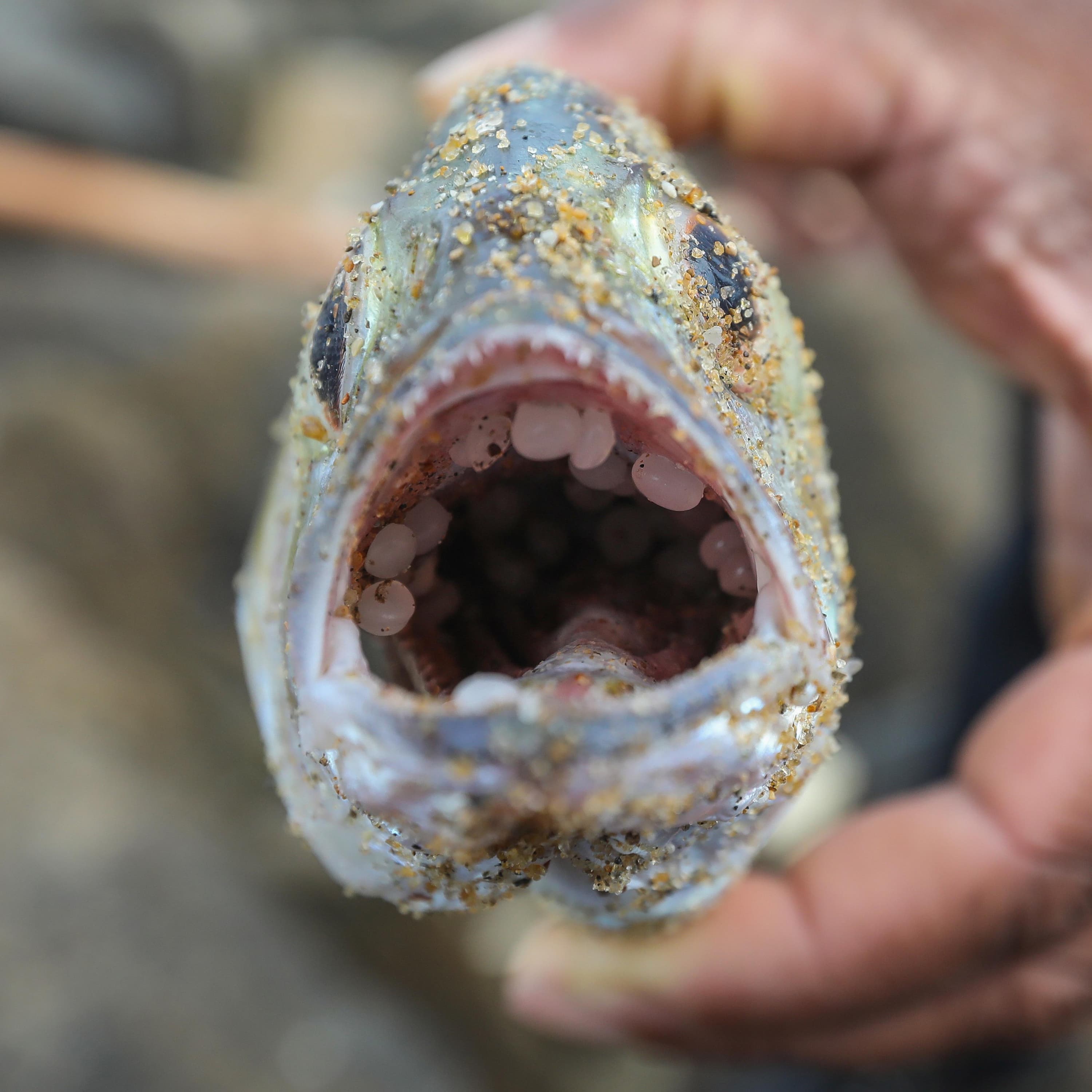
Antibiotic resistance: where do we go next?
Loading player...
Climate change and pollution are the latest factors contributing to a global rise in antibiotic-resistant superbugs, according to a report from the UN environment agency. Given that no new class of antibiotics has been discovered since the 1980s, what are our best hopes for tackling these bugs in the future? Ian Sample speaks to the Guardian’s science correspondent Hannah Devlin about genetically modified bacteria, the potential of plant toxins, and why scientists are hunting for viruses known as ‘bacteriophages’ in birdbaths and sewers. Help support our independent journalism at theguardian.com/sciencepod




